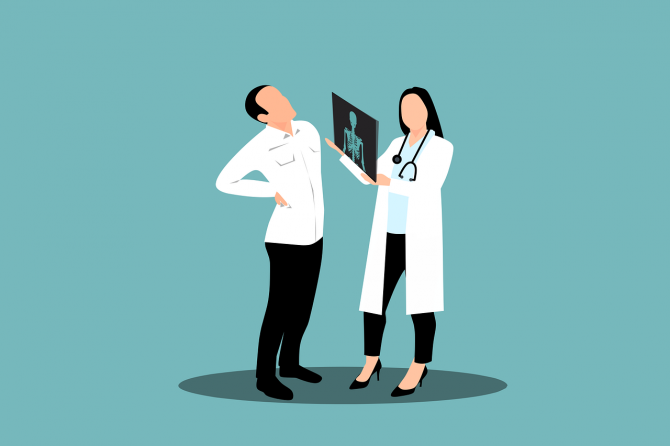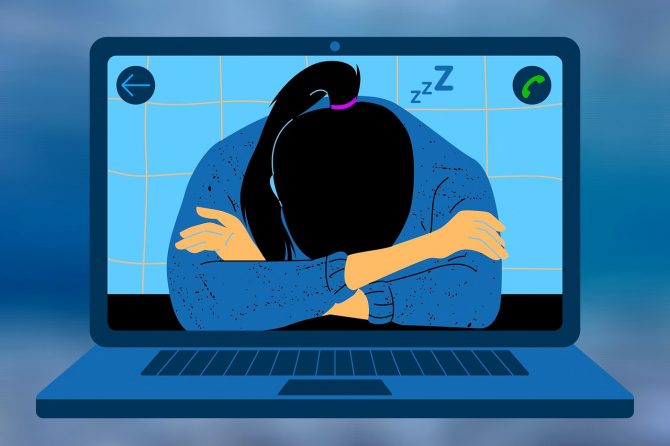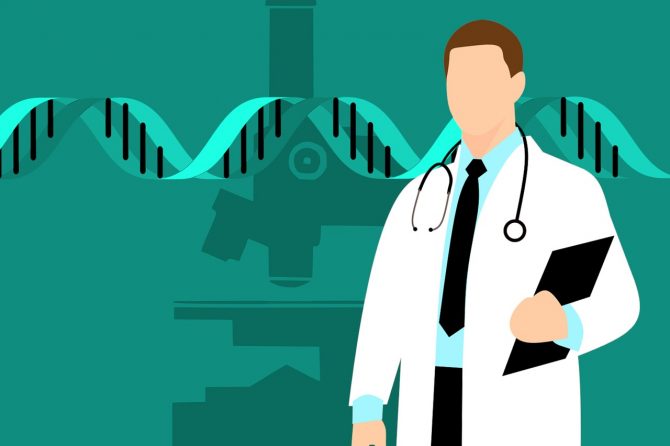
Understanding BHRT for Women
Hormones play a pivotal role in a woman’s health and well-being. Hormonal imbalances can lead to various health issues, affecting everything from mood to energy levels. One increasingly popular treatment option for women experiencing hormonal imbalances is Bio-Identical Hormone Replacement Therapy (BHRT). In this comprehensive guide, we delve deep into the world of BHRT, exploring
Read more








